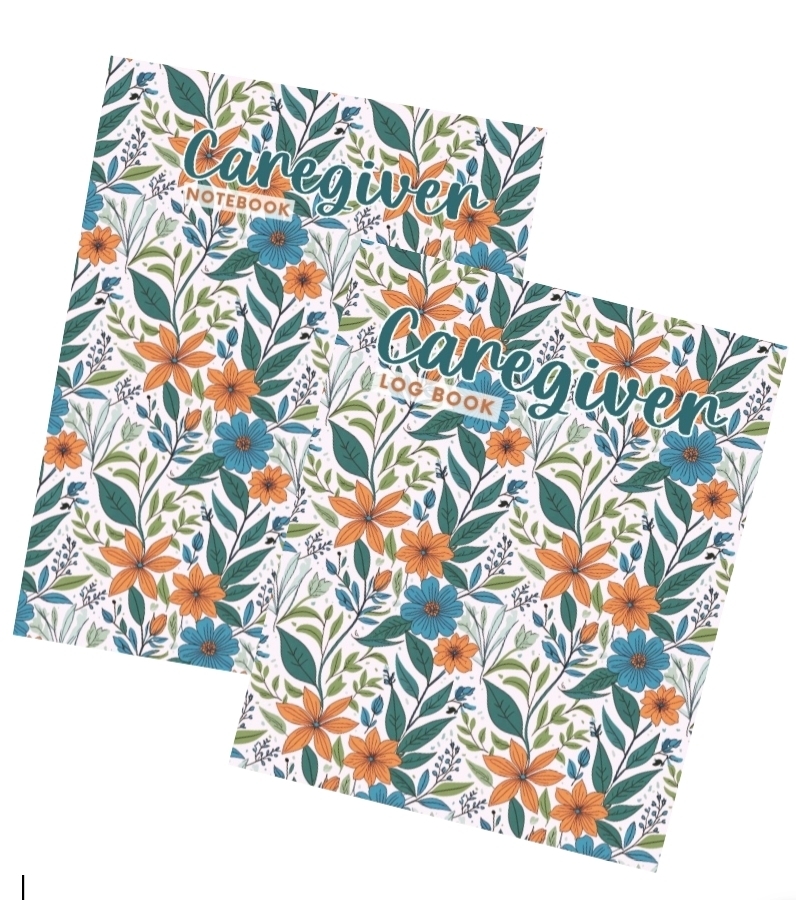Using a logbook and recording daily notes is essential for carers as it ensures continuity of care, facilitates effective communication, and provides a legal record of the care provided.
These records help in identifying potential problems, tailoring care to individual needs, and ensuring accountability.
1. Continuity of Care:
Seamless handovers: Daily notes act as a handover document, informing the next shift of carers about the client's condition, any care provided, and any specific needs or concerns.
Consistent care: This ensures that the client receives consistent and appropriate care, regardless of which carer is on duty.
Reduced risk of errors: Clear and concise notes minimize the chance of misunderstandings or errors in care delivery.
2. Effective Communication:
Internal communication: Daily records enable effective communication between different members of the care team, including nurses, doctors, and other support staff.
External communication: They also facilitate communication with external agencies, such as hospitals or social services, when necessary.
Clear record of events: Notes provide a clear and factual account of events, helping everyone involved understand the situation and respond appropriately.
3. Legal and Accountability:
Compliance with regulations: Accurate records are often required by regulatory bodies, such as the Care Quality Commission (CQC) in the UK, and demonstrate compliance with standards of care.
Protection for clients and carers: Properly maintained records can be vital in safeguarding clients' rights and protecting carers from potential complaints or legal challenges.
Evidence in case of concerns: In the event of complaints or investigations, records serve as evidence of the care provided and the rationale behind decisions.
4. Person-Centered Care:
Individualized care plans: Daily notes help in identifying individual needs, preferences, and any changes in a client's condition, allowing for tailored care plans.
Early identification of problems: By tracking changes in behavior, physical condition, or dietary intake, carers can identify potential problems early and intervene promptly.
Monitoring progress: Records can also be used to monitor the effectiveness of interventions and track a client's progress over time.
In essence, daily recording in a logbook is a vital tool for providing safe, effective, and person-centered care. It ensures that residents receive the best possible support while also protecting the interests of both the resident and the carer.


Leave a Comment
I hope you enjoyed this post. If you would like to, please leave a comment below.